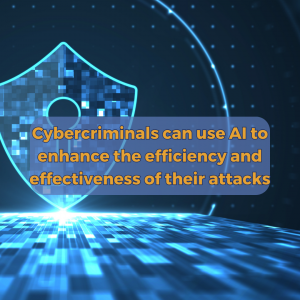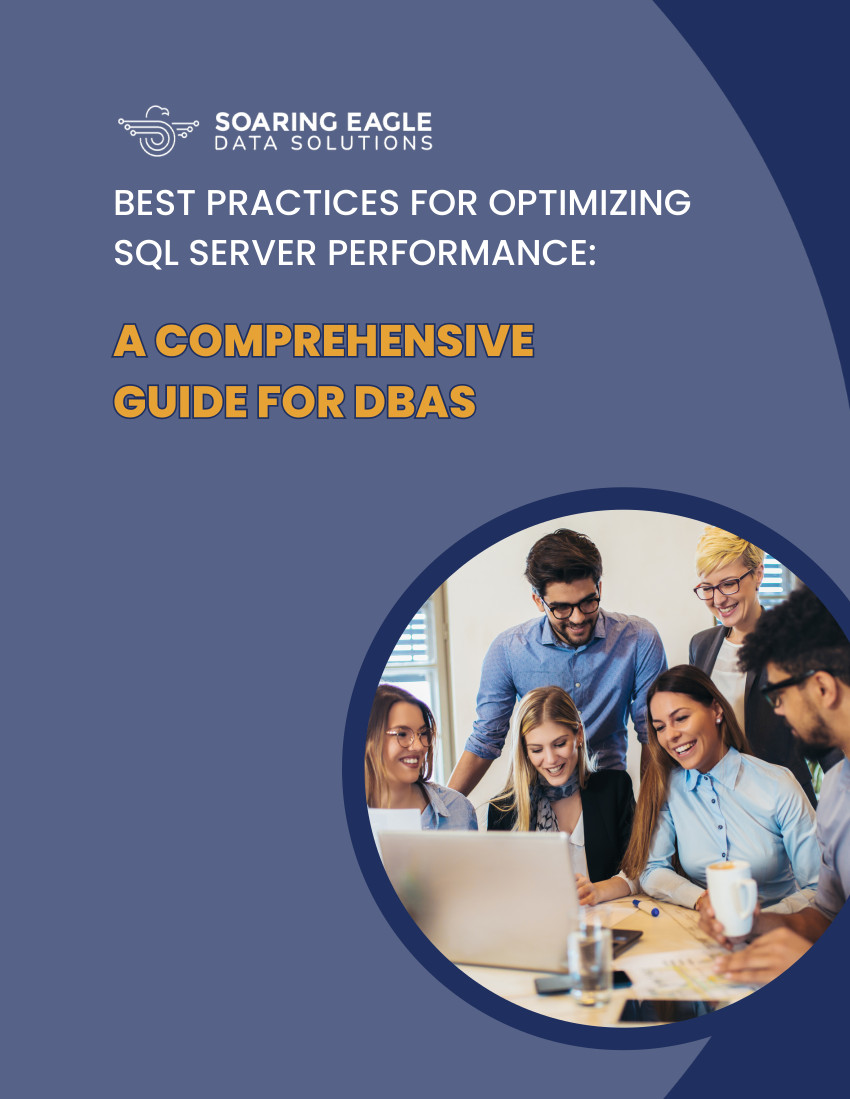Artificial Intelligence: What is it Doing to Help and Hurt Cyber Security
In this day and age of advanced computer systems, we now live in a world where most people have heard about Artificial Intelligence (AI) and the pros and cons of what it can do to help or hurt us. If you have been living under a rock, the true definition is as follows: Artificial Intelligence (AI) is a branch of computer science that aims to create machines capable of intelligent behavior. It involves enabling machines to learn from experience, adapt to new inputs, and perform human-like tasks. AI systems are designed to handle tasks such as recognizing speech, making decisions, translating languages, and identifying patterns. Most current AI is 'narrow,' specialized in performing specific tasks, but the goal is to develop 'general' AI with wide-ranging cognitive abilities.
A lot of professionals in the cybersecurity field understand that, ultimately, AI can assist us in our day-to-day work and projects. AI can greatly assist cybersecurity professionals by enhancing threat detection, automating responses to attacks, and managing large volumes of data. It can quickly analyze patterns and identify anomalies that may indicate a security breach far faster than a human can. AI also helps predict and prevent potential attacks by learning from past incidents. Additionally, it can automate routine tasks, allowing cybersecurity experts to focus on more complex challenges. AI's continuous learning capabilities keep evolving with the cyber threat landscape, providing up-to-date defense mechanisms.
Unfortunately, it is the negatives that concern us most. Cybercriminals can use AI to enhance the efficiency and effectiveness of their attacks. By analyzing large datasets, AI can identify system vulnerabilities more swiftly, enabling targeted exploits. It can automate the generation of sophisticated malware and phishing campaigns, making these threats more adaptive and harder to detect. Additionally, AI can mimic human behaviors, facilitating more convincing social engineering attacks. This misuse of AI allows cybercriminals to execute complex and precise attacks with greater success rates.
effectiveness of their attacks. By analyzing large datasets, AI can identify system vulnerabilities more swiftly, enabling targeted exploits. It can automate the generation of sophisticated malware and phishing campaigns, making these threats more adaptive and harder to detect. Additionally, AI can mimic human behaviors, facilitating more convincing social engineering attacks. This misuse of AI allows cybercriminals to execute complex and precise attacks with greater success rates.
The double-edged sword of Artificial Intelligence presents a paradox in cybersecurity. While AI offers groundbreaking advancements in protecting digital assets, enhancing threat detection, and streamlining security protocols, it simultaneously opens doors for more sophisticated and elusive cyber threats. We must remain vigilant about its potential misuse as we continue integrating AI into our cybersecurity strategies. The future of AI in cybersecurity is a balancing act—harnessing its power to fortify defenses while staying ahead of those who seek to exploit its capabilities for malicious purposes. As we navigate this evolving landscape, the key lies in developing AI systems that are not only intelligent but also secure and resilient against the very threats they are designed to combat.
CISSP, CEH
Chief Information Security Officer
Soaring Eagle Data Solutions





